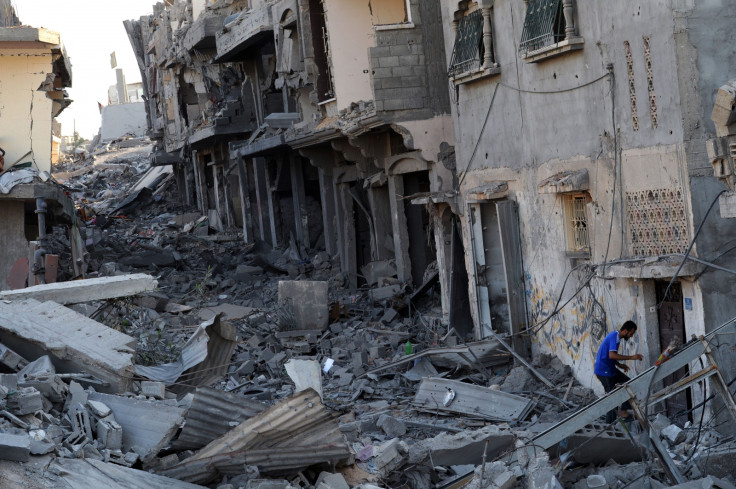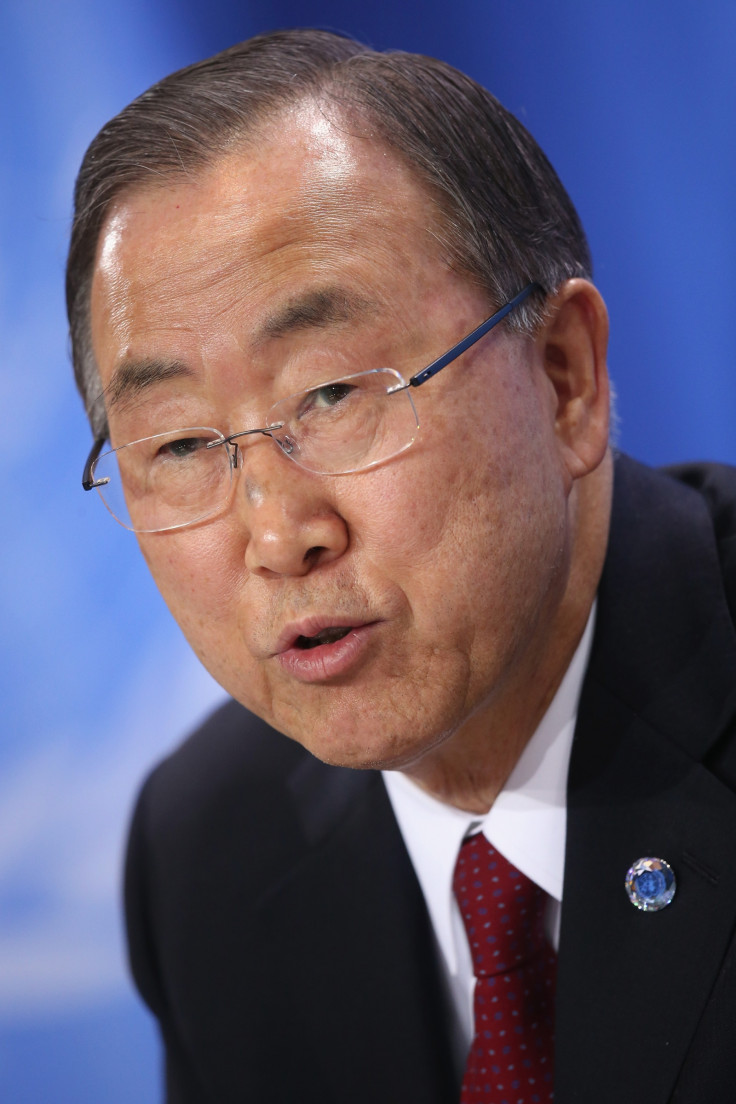Aid Agencies Pledge Gaza Reconstruction Relief Work Will Continue

As a three-day truce between Hamas and Israel broke down yesterday, the Disaster Emergency Aid Committee announced that the renewed violence "would not shake the resolve" of the UK's major aid agencies to provide relief in the region.
The DEC said the conflict has left the entire population in Gaza without medical care and around 1.4 million with no or very limited access to water and sanitation.
According to the UN, 10,000 buildings have been destroyed by the fighting so far, and some 65,000 people made homeless, with whole districts reduced to rubble by the Israeli Defence Force (IDF), which claims to be targetting areas used by Hamas to launch rockets and the sites of cross-border tunnels.
The conflict has highlighted the region's almost total financial reliance on international aid agencies and foreign governments, with Hamas lacking the money or materials to help Gaza's beleaguered population.
Today, the British government announced that it was sending a team of NHS experts to help the injured in Gaza.
Earlier this week it announced that it was matching £2m (€2.5m, $3.3m) donated by the British public for aid efforts in Gaza.
If a truce between the sides can be agreed, a huge amount of reconstruction work will be required.
While a tentative three-day ceasefire still held, on Wednesday UN Secretary General Ban Ki Moon announced that that Palestinians in Gaza faced an "enormous reconstruction task".
One of the obstacles facing those leading reconstruction efforts is the Israeli blockade, which prevents importation of certain goods and materials into Gaza.

The UK, France and Germany have proposed plans to 'demilitarize' the strip, and also allow the Strip's "rebuilding and stabilizing" through easing the restrictions on the movement of people and goods into the strip.
Amongst the proposals is the creation of a neutral international monitoring force, which would ensure that goods such as cement and iron, which Israel claims can be used to construct illegal tunnels, do not reach Hamas.
With both Hamas and the Palestinian Authority financially stretched, Palestinian officials negotiating a longer term truce have said that international funding for reconstruction must be part of any peace deal.
In the past however, reconstruction money pledged by the international community has not materialised.
In the aftermath of the 2008-09 war, countries pledged $4.5bn in reconstruction funding, little of which materialised.
Palestinian officials are now wary of relying on donor promises. "We want real aid and not words," Palestinian housing minister Mufeed Al-Hasayna told Reuters in July.
However, some warn that the patience of donors to international aid agencies may be running thin.
Chris Gunness, spokesman for the UN Agency for Palestinian Refugees, said in an interview with The WorldPost last week, "If you were a donor, how would you feel about giving money to a place that every couple of years, a lot of it gets flattened by Israeli military activity?"
For the near future though, it seems there will be no end in sight to the hardship for the estimated 300,000 refugees forced to flee their homes to live in schools, tents or the homes of relatives.
© Copyright IBTimes 2025. All rights reserved.






















